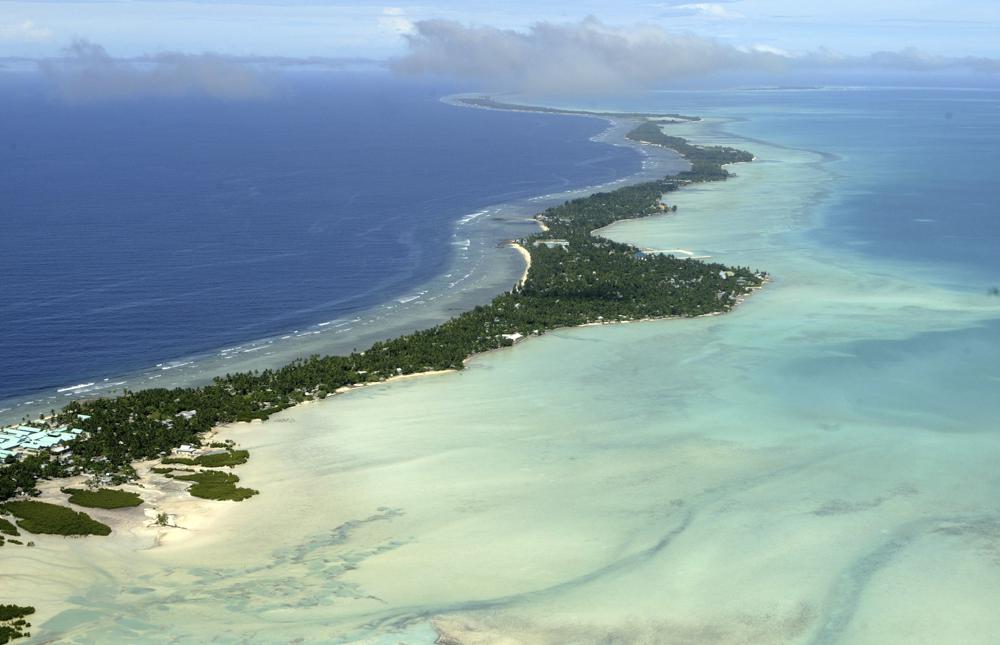
When the coronavirus spread around the world, the remote Pacific archipelago of Kiribati closed its borders, preventing the disease from reaching its shores for nearly two years.
Kiribati reopened this month, allowing the Church of Jesus Christ of Latter-day Saints to charter a jet to bring 54 of the island nation’s citizens home. Many of those on board were missionaries who had left Kiribati before the border closure to spread the faith for the Mormon church.
Each returning passenger was examined three times in adjacent Fiji, ordered to be vaccinated, and was quarantined with additional testing when they returned home.
It was insufficient.
More than half of the passengers who boarded the flight to Kiribati tested positive for the virus, which has now caused the virus to spread throughout the town, prompting the authorities to proclaim a state of emergency. By Friday, the number of positive cases from the aircraft had risen from 36 to 181.
Because of their isolated locations and rigorous border controls, Kiribati and several other small Pacific nations were among the last areas on the planet to prevent any viral outbreaks. Their defences, however, appear to be ineffective against the highly contagious omicron form.
“In general, it’s unavoidable. “It will reach every part of the globe,” said Helen Petousis-Harris, a vaccine expert at New Zealand’s University of Auckland. “It’s an issue of buying enough time to prepare and having as many people as possible vaccinated.”
According to the online scientific magazine Our World in Data, only 33 percent of the total population of Kiribati is completely vaccinated against Covid-19. Kiribati has a total of 113,000 inhabitants. 59 percent of the population have received the first dose of the Covid-19 vaccine. Kiribati provides ony basic health facilities for the citizens, like many other Pacific islands.
According to Dr. Api Talemaitoga, who chairs a network of Indigenous Pacific Island doctors in New Zealand, Kiribati has only a couple of intensive care beds in the entire country and has previously relied on sending its sickest patients to Fiji or New Zealand for treatment.

Post Your Comments